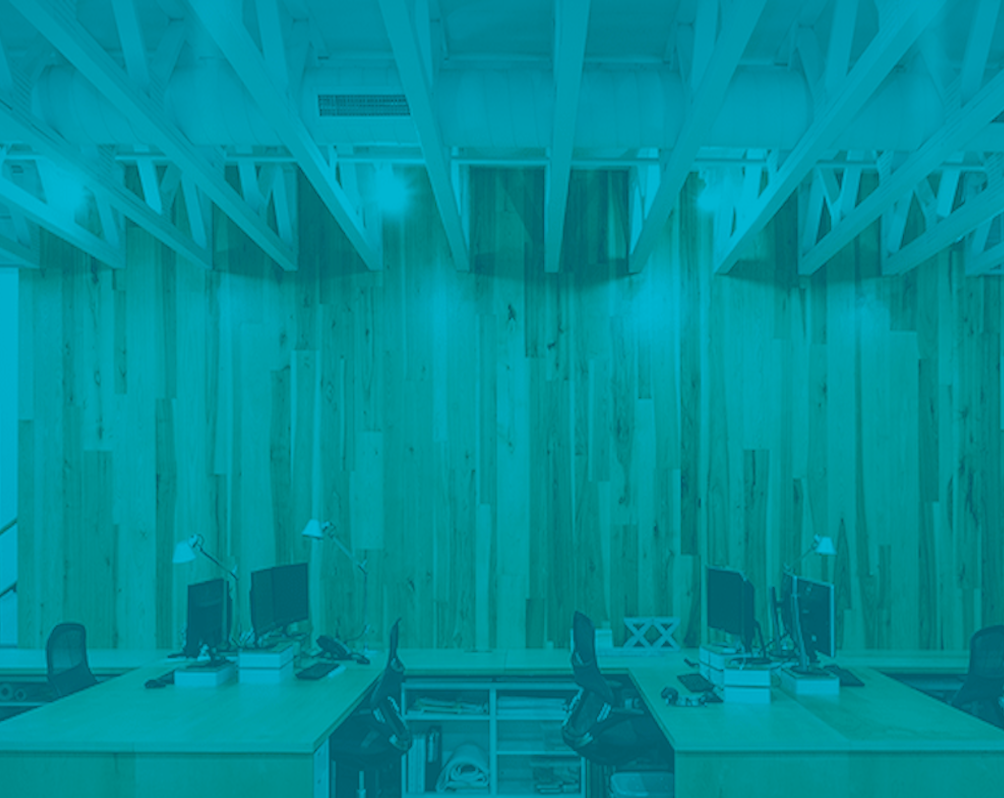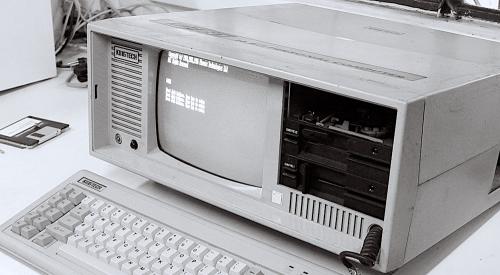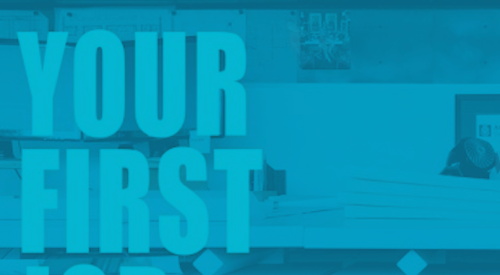Is it the dream of every architect to have their own firm one day? I can recall hours and hours of conversations that I’ve had with other architects throughout my career where this topic was front and center of our discussions.
When I sat down and started to come up with potential topics to discuss on the podcast, “Starting Your Own Firm” was one of the very first topics that I wrote down. It has taken me 29 previous episodes before we finally made it around to this topic because I wanted to get the right guest for this episode.
 Michael Hsu – Office of Architecture
Michael Hsu – Office of Architecture
About our Guest:
Michael Hsu, AIA, IIDA, is the founder and principal of Michael Hsu Office of Architecture, an Austin, Texas-based firm of architects and interior designers founded in 2005. Hsu is a Chinese-American, originally from Houston.
Following graduation from the University of Texas at Austin School of Architecture, Hsu worked at OMA in the Netherlands and in Dallas before returning to Austin where he has practiced since 1998. Hsu is currently the President of the AIA Austin Board of Directors and a member of the University of Texas School of Architecture’s Advisory Council. His firm has received numerous design awards from AIA Austin, Texas Society of Architects, AIA Los Angeles, IIDA Texas/Oklahoma Chapter and the Heritage Society of Austin. Michael Hsu Office of Architecture was named AIA Austin firm of the year in 2016.

Michael and I were both at the University of Texas at Austin School of Architecture at the same time and have known each other for over 30 years. In fact, I got Michael his first job and when he first moved up to Dallas, he crashed on the couch of my small apartment for a few weeks until he found his own place. He and I have had a lot of adventures together, I consider him a friend, an excellent architect, and a superb ambassador to the profession. He was the perfect choice for me to reach out to when the time came to discuss the topic of starting your own architectural firm.
We covered a lot of ground and there are many informative nuggets of information here. The largest takeaway that I think anyone who listens to this episode will leave with is that the process of starting your own firm is scary and exciting at the same time but the main thing is to simply take the leap if this is something that you are interested in doing. The main characteristic that seems to allow some people to make that leap versus those who do not is that persons tolerance for risk.
LoaA Podcast: What were the circumstances around why you started your firm? [04:29 mark]
MHsu: I was in a place that I was being groomed to be a partner in my current firm. At some point in this process, I realized that this meant maybe I was ready and able to actually run my own office. So I had some candid conversations with my current boss and mentor and it was deiced that I would leave to start my own practice. I felt like that voice in the back of my consciousness that said I should start my own firm. The notion of can I do this? I guess I am ready. But you have to not be too concerned with the possibility of failure.
LoaA Podcast: Did you leave with work? [07:39 mark]
MHsu: We had a new large project in the office at the time of my departure, and my current office was gracious enough to create a joint venture situation for this project. The clients and the workload both had a bit to do with this condition, but in the end, it provided me the ability to launch my practice. Although at that time, it was really like running two companies and having three companies on one project; my new firm, the joint firm, and my old firm. It all worked out, but it was, of course, and interesting and probably unusual way to start your own firm. Also, this allowed the offices to share credit for the project and that was important to me to start my new office with a project I could attach to my firm name.

LoaA Podcast: How many people were there in the beginning? [09:11 mark]
MHsu: In the beginning, it was really only me. But I did hire one other person for my office. But with the joint venture effort, it was a complicated situation on staffing, and it was several management roles that I played in the beginning. But it was just one or two of us in the firm at that time.
LoaA Podcast: What age do you think is a good age to start your own firm? [10:12 mark]
MHsu: I think it is more about timing. In many ways, it is about business timing and a level of knowledge of the profession as a whole. And the environments in which you are practicing. Also, it is really important to not burn bridges. Especially when you are young and you are starting out on your own, you have a tendency to maybe burn them, but it takes some effort and maturity, to make your own start without torching the path behind you.
LoaA Podcast: When it came time to start adding to your staff, adding support roles – at what point do you reach out for additional skill set support staff?[10:58 mark]
MHsu: We started out as generalists. We all did all parts of the office work. I eve took out the trash and added paper to the copier. I felt like everyone in the office had to share those roles. For my office that stuck around for a while in the beginning years. In my office, it was up until May 25 or so when we started to identify more roles for individuals in the firm. Now looking back, I think we may have benefited if I could have implemented some of this structure early in the firm history. Now as an office of about 50, we do have more defined roles but the office still needs to operate as a cohesive team. So the bigger part of hiring new staff is how they fit into the office culture and if the will continue the office dynamics that you are working so hard to establish.

Architects don’t necessarily have great business skills and in the beginning, everyone in the office is a generalist. We resisted growth in the beginning, but we had offers for larger projects and felt that we needed to take the risks. Sometimes that is very difficult, but for me, the goal is to always try to get to “yes”. So our firm grew due to situations like these where we weren’t certain about the new projects, but it was worth taking the risks to try something new.
LoaA Podcast: How much did you work in the early years of your firm? Let’s talk about life/work balance. [22:25 mark]
MHsu: In reality for someone like me, I am always on. I don’t really every really stop working. But I have moments of intensity and moments of and moments of “coasting”. I try to spend most of my time in the studio solely dedicated to the architecture.
Leadership is also very important in operating your own firm and creating a culture. But I feel like my role as a leader in the office is about being respectful of others in my office. Also, you want to try and get those around you to do their best work. I try to encourage and guide them and allow them to feel invested in the project they are creating. Architecture is generally taught as an individual pursuit, but in reality, the process required the investment of so many people to become successful. So when you are managing your own firm, getting those around you to have a similar level of investment in the process as you, as the owner, are invested in the work. The aspect of personal fulfillment is critical to employee happiness, retention and firm culture.
LoaA Podcast: How do you go about getting work when you start out? [29:30 mark]
MHsu: Well, I am not certain I am the best person to answer this one. My firm has not had a marketing person until about 100 days ago. So this is a new condition for our firm. We started out with some very loyal clients in the hospitality industry that kept us supplied with work for many years and even to this day. A large part of the ability to get work goes beyond the basic ability to complete the work, but more about the level of service you provide and the relationships you build and maintain. But you can be lucky enough to find your own Medici family that gives you a boost in your workload and allows you to grow your firm and reach out in more ways to enhance your firms’ abilities.
We also discuss the ideas about how much money may take, or if you really need any. How critical is the need for mentorship for you to succeed? How do you attempt to separate your firm and yourself from the other firms in your area or market? We get back into the idea of hours spent working for your firm and how many hours you put in to make it a success. The availability that you put for yourself to your clients can make a difference, but there is a boundary that you have to learn to set on your own in that process. Every person has their own level of balance that is required. But to start your own firm, you have to be ready to make yourself available to others.

Another episode which means another hypothetical. Today’s question isn’t particularly challenging but of course, I have to throw in a twist. [45:33 mark]
"If you were to ask your future self from 2050 a single question (other than how did I live until the year 2050) what would it be?"
Things may get a little touchy-feely here for the three of us. It may be more difficult to pick the winning answer here. But we all seem to agree about the general concepts of the question you may ask. We all have a different approach to that, but essentially we all have a similar bent. Of course, Bob has some additional comments and modifiers to the situation that he believes would change your answer.
In the conclusion of this conversation, we can realize that owning your own firm is not for every person in the profession. There is a level of risk involved and you have to be able to be comfortable with taking that risk. That level of chance is not for every person in the realm of architecture and even if they have the skill set to make it work, it still may not be the best fit for you. Every person making the consideration really has to dig deep internally and ask themselves if they are really ready and willing to take the leap. Hopefully, this conversation gives you some food for thought.
Cheers,

We would like to thank Sherwin Williams Coil Coatings for their support of today’s episode. For more than 50 years, Fluropon coatings have been protecting monumental structures around the world. To learn more about the products and services offered by Sherwin Williams as well as requesting your own architectural metal color card, please visit www.coil.sherwin.com/architectslife.













